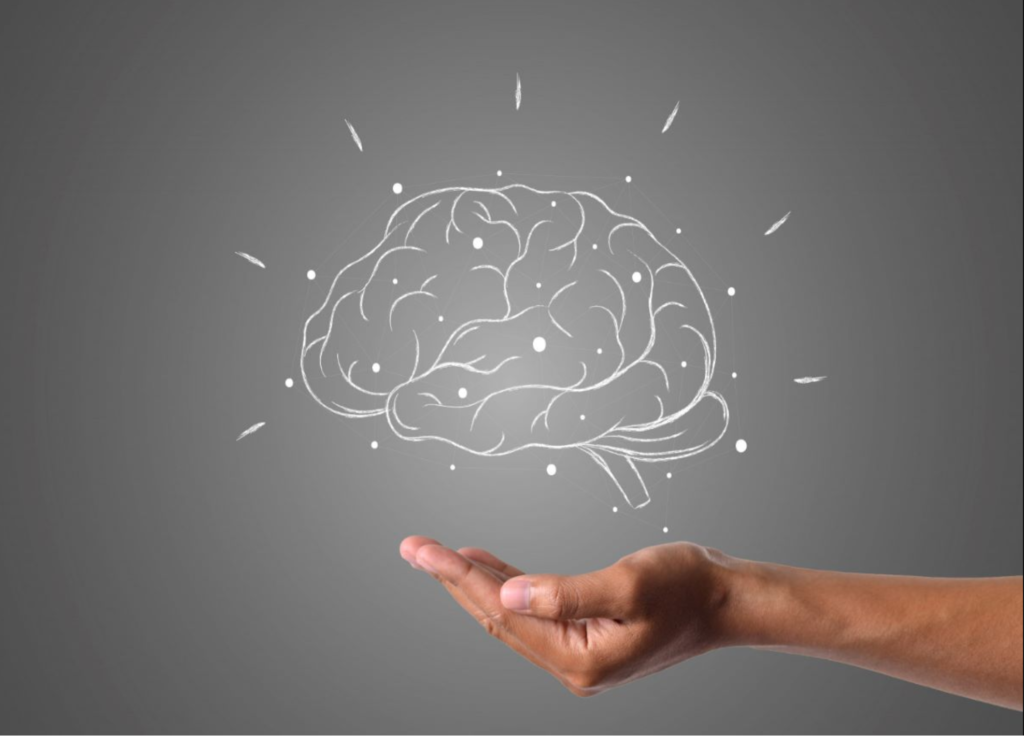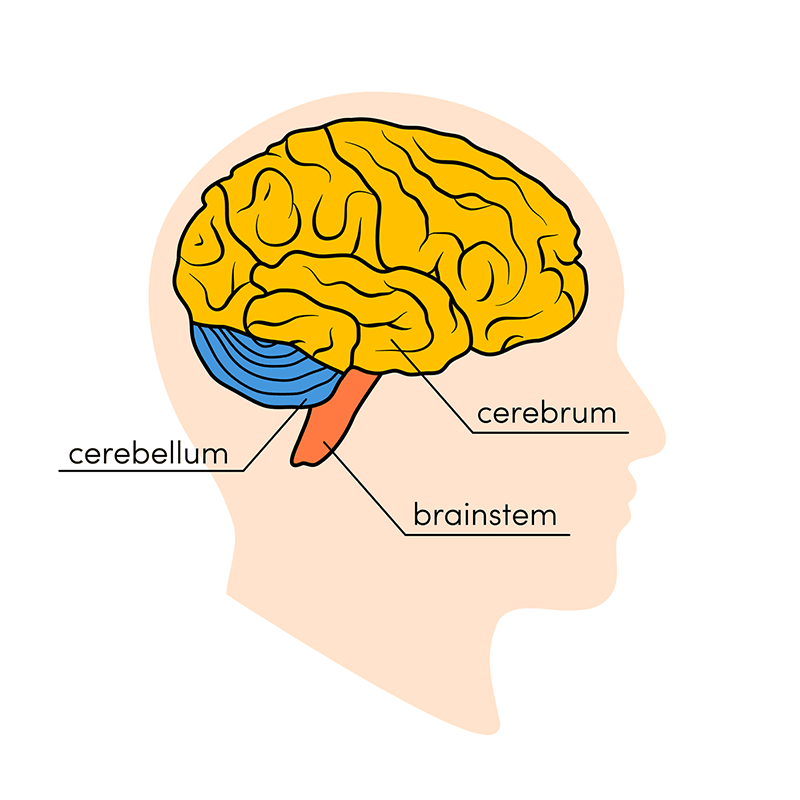Have you ever wondered what you could achieve if you could use more of your brain? Many people believe that humans only use 10% of their brain, and that the other 90% is a hidden reservoir of untapped potential. According to this popular myth, if we could somehow unlock the unused parts of our brain, we could become smarter, more creative, and more powerful. But is this myth true, and if so, how can we unlock the 90% of our brain that we never use?
The 10% Myth: Debunking a Misconception
The answer is: we can’t, because the myth is false. Contrary to the common misconception, humans use virtually all of their brain, and there is no part of the brain that goes unused. This has been confirmed by various scientific methods, such as brain imaging, brain mapping, brain injury, and brain stimulation, which have shown that every part of the brain has a specific function and is active at some point1. The brain is not a collection of independent modules that can be turned on or off, but rather a complex and integrated network of neurons that work together to produce cognition, emotion, and behavior2.
The origin of the 10% myth is unclear, but it may have been influenced by some historical misconceptions, such as the idea that humans have more brain tissue than they need, or the idea that some people have extraordinary abilities that are beyond the normal range of human potential. However, these ideas have been debunked by modern neuroscience, which has revealed that the brain is a highly efficient and adaptive organ that constantly changes and optimizes itself in response to the environment and the demands of the task3.
Also read : Celestial Spectacle: Meteor Showers Illuminate The Skies Of West Michigan

Understanding Brain Functionality
Therefore, the question of how to unlock the 90% of our brain that we never use is based on a false premise, and the answer is that we don’t need to, because we already use all of our brain. However, this does not mean that we cannot improve our brain function and performance, or that we have reached the limit of our capabilities. There are many ways to enhance and optimize our brain, such as:
- Learning new skills and knowledge, which can stimulate the growth and development of new neurons and connections in the brain, and increase the plasticity and flexibility of the brain4.
- Exercising regularly and eating healthily, which can improve the blood flow and oxygen delivery to the brain, and provide the essential nutrients and antioxidants that the brain needs to function properly.
- Sleeping well and managing stress, which can help the brain to consolidate and integrate the information and experiences that it has acquired during the day, and to restore and rejuvenate itself for the next day.
- Challenging and stimulating the brain, which can keep the brain active and engaged, and prevent the decline and deterioration of the brain that can occur with aging or disease.
- Meditating and relaxing, which can enhance the awareness and control of the brain, and reduce the negative and distracting thoughts and emotions that can interfere with the brain’s performance.

By following these and other strategies, we can use our brain more effectively and efficiently, and achieve higher levels of cognitive and emotional functioning. We can also discover and develop our unique talents and potentials, and express them in creative and meaningful ways. We can also enjoy and appreciate the beauty and complexity of the brain, and the wonders and mysteries that it can produce.
Conclusion: Embracing the Complexity of the Brain
The myth that we only use 10% of our brain is a false and misleading one, that can limit and undermine our self-esteem and self-confidence. The truth is that we use all of our brain, and that we can use it better and more. The brain is not a fixed and static entity, but a dynamic and evolving one, that can change and improve with our actions and choices. The brain is not a locked and hidden treasure, but an open and accessible one, that we can explore and enjoy. The brain is not a problem to be solved, but a solution to be found.

Frequently Asked Questions (FAQ) – Unlocking the Brain’s Potential
- Is it true that we only use 10% of our brains?No, the idea that humans only use 10% of their brains is a myth. Scientific research, including advanced brain imaging techniques, consistently shows that various areas of the brain are active and contribute to different functions, debunking the misconception of vast untapped potential.
- What is neuroplasticity, and how does it relate to brain function?Neuroplasticity is the brain’s ability to adapt and reorganize itself throughout life. It involves the formation of new neural connections and adjustments to existing ones in response to learning, experience, and environmental stimuli. This process is fundamental to optimizing brain function and contradicts the notion of dormant brain regions.
- How can I maximize my cognitive potential?Maximizing cognitive potential involves engaging in lifelong learning, maintaining physical exercise, ensuring adequate sleep, and adopting a balanced nutrition plan. These factors contribute to overall brain health and support optimal cognitive function.
- Is there any truth to the concept of unlocking hidden brain potential?The concept of unlocking hidden brain potential is not supported by scientific evidence. The brain operates near its capacity for most individuals, and the focus should be on optimizing existing cognitive abilities through healthy habits rather than searching for untapped reserves.
- Can continuous learning enhance cognitive function?Yes, continuous learning is a key factor in optimizing cognitive function. Acquiring new skills, gaining knowledge, and exposing the brain to diverse experiences contribute to cognitive enrichment and support overall brain health.
- How does physical exercise impact brain health?Regular physical exercise has been linked to improved cognitive function and neuroplasticity. Exercise promotes the release of neurotransmitters and growth factors that support the health of brain cells, contributing to enhanced cognitive performance.
- Is there a recommended approach to nurturing brain health?Nurturing brain health involves adopting a holistic approach, including lifelong learning, regular physical exercise, ensuring adequate sleep, and maintaining a balanced nutrition plan. This comprehensive strategy supports overall well-being and cognitive optimization.
- What is the true potential of the brain?The true potential of the brain lies in its continuous adaptability, learning capacity, and ability to form new connections throughout life. Rather than focusing on unlocking hidden potential, individuals can embrace the complexity of the brain and nurture its health through positive lifestyle choices.
Also read : Sweet Science: How Strawberries May Guard Against Dementia And Depression




































